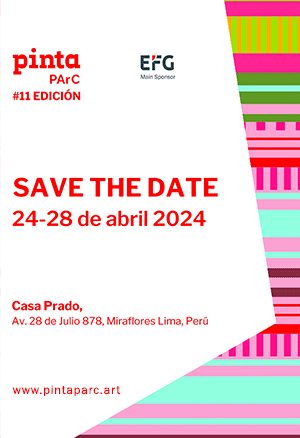Anna Puigjaner: winner of 2016 Wheelwright Prize
Cofounder of MAIO Studio wins for her proposal, Kitchenless City: Architectural Systems for Social Welfare

Harvard University Graduate School of Design (GSD) is pleased to name Barcelona architect Anna Puigjaner the winner of the 2016 Wheelwright Prize, a 100,000 USD traveling fellowship aimed at fostering investigative approaches to contemporary design. Puigjaner is a graduate of the Escola Tècnica Superior d'Architecture de Barcelona-Universitat Politècnica de Catalunya (ETSAB-UPC) (BArch 2004, MArch 2008, and PhD 2014). In 2005, she cofounded MAIO Studio with partners Maria Charneco, Alfredo Lérida, and Guillermo López. MAIO operates as a collaborative studio and has completed several projects, spanning exhibition design, furniture, interiors, public spaces, urban planning, and architecture. In summer 2016, the firm will complete its first construction from the ground up, a 22-unit, six-floor residential building in Barcelona.
Puigjaner's winning proposal, Kitchenless City: Architectural Systems for Social Welfare, takes as its starting point a historic housing type—housing blocks with collective kitchens, as well as other shared amenities such as dining rooms, lounges, service areas. Puigjaner proposes to study exemplars of collective housing in Brazil, Sweden, Russia, Korea, and elsewhere, which reflect a variety of approaches to organizing and distributing domestic spaces. Noting that this housing type and notion of collective life were "deeply understood as a tool for social transformation," she sees its relevance to today's housing dilemmas and possible lessons for "renewed domestic proposals for the present."
"Contemporary discussions of housing need to benefit from radically fresh ideas," remarked Wheelwright Prize juror and GSD Dean Mohsen Mostafavi. "Puigjaner's project, Kitchenless City, provides a new spatial imaginary for the consideration of dwelling in an increasingly diverse world. Her project perfectly captures the intention of the Wheelwright Prize, to spur discovery and find new possibilities for architecture." The 100,000 USD grant will fund Puigjaner's travel-based research over the next two years.
The research builds on work Puigjaner initiated several years ago, while pursuing her PhD. She has published articles on the subject, contributing essays to Space Caviar's SQM: The Quantified Home (Lars Muller, 2014) and Volume (2013, #. 3). Kitchenless City also reflects MAIO Studio's particular interest in flexible systems and the potential of variation, ephemerality, and appropriation. Its finalist submission to the MoMA PS1 Young Architects Program in 2014, Rooms: No Vacancy, consisted of a grid of rooms offering a succession of different atmospheres and moods. For the 2015 Chicago Architecture Biennial, MAIO created Floating, a series of inflated columns that traveled throughout the Chicago Cultural Center. This drew from previous MAIO projects, Floating: Urban Activator (Barcelona, 2011) and Urban Space System (Barcelona, 2014), which utilized flexible devices to delineate new gathering spots or "monuments" in public spaces.
The Wheelwright Prize is now in its fourth year as an open international competition for early-career architects. This year, the Wheelwright Prize jury selected four finalists from among nearly 200 submissions.




